Home » Our Services » Exterior & Landscaping » Retaining Wall Contractor
Retaining wall Construction
A retaining wall is a structural element often used underground in hillside properties to reinforce structures like fences and block walls. It's crucial for preventing soil erosion and ensuring stability in areas with varying elevations. We offer a diverse selection of retaining walls, catering to various needs and preferences.
Why Choose DYM as your retaining wall contractor?
Choose DYM as your retaining wall contractor for unmatched expertise in the field, specializing in retaining walls and hillside foundations. Our comprehensive service covers design, engineering calculations, and construction, streamlining the process from start to finish. We prioritize precision and adhere rigorously to blueprints and municipal approvals, ensuring the highest standards of construction quality. With our experienced team and commitment to excellence, DYM stands out as the ideal choice for your retaining wall project, offering both structural integrity and aesthetic appeal.
interlocking retaining wall blocks
Concrete retaining wall
gabion retaining wall
Retaining wall cost
Retaining wall costs can vary widely based on factors like the type of materials used, the wall’s height and length, design complexity, labor costs, site conditions, and location. In general, smaller and less complex retaining walls made from basic materials like concrete blocks tend to be more affordable, while larger, taller, and more decorative walls can be considerably more expensive. Properly engineered retaining walls may also require permits and additional engineering expenses. To get an accurate cost estimate for your specific project, it’s advisable to consult with professional contractors who can assess your needs and provide a detailed estimate, factoring in all relevant variables.
Our Projects
Discover the Artistry of Outdoor Creations: Stunning Hardscape Designs, Walkways, Driveways, and More. Immerse yourself in our portfolio to ignite your imagination, where we transform visions into extraordinary outdoor masterpieces.
Explore DYM
Here's What Our Customers Think
Contact Us For A Consultation
The Art and Science of Retaining Wall Construction
Retaining wall construction is a fascinating blend of art and science, where aesthetics meet engineering precision. These essential structures serve a dual purpose: they provide functional support, holding back earth and preventing erosion, while also contributing to the visual appeal of landscapes and outdoor spaces. In this exploration of retaining wall construction, we delve into the key aspects, materials, methods, and considerations that transform the concept of a simple wall into an integral and beautifully crafted part of the environment.
The Necessity of Retaining Walls
Retaining walls have long been a vital component of civil engineering and landscaping, dating back to ancient civilizations. Their primary function is to stabilize slopes and control the movement of soil, preventing erosion and landslides. In residential settings, retaining walls are often used to create level terraces on sloped properties, effectively expanding usable space for gardens, patios, or walkways. They also play a crucial role in supporting structures like driveways or buildings built on uneven terrain.
The Foundation of Strength
The cornerstone of any robust retaining wall is its foundation. Proper site preparation and foundation design are fundamental to ensure the wall’s long-term stability. This includes excavation, grading, and the establishment of an adequate footing, which serves as the anchor for the wall. The type of soil, drainage considerations, and local climate all influence the foundation design.
Materials and Aesthetics
Retaining walls come in various materials, each with its own unique characteristics and aesthetics. Common choices include concrete blocks, natural stone, timber, and poured concrete. Concrete blocks, often referred to as segmental retaining wall units, are favored for their ease of installation and cost-effectiveness. Natural stone retaining walls offer a timeless, rustic charm and blend seamlessly with natural surroundings. Timber retaining walls are eco-friendly and provide a warm, natural appearance. Poured concrete walls offer strength and versatility, allowing for various finishing options.
Design and Customization
The design of a retaining wall is where the artistic aspect comes into play. While the primary function is structural support, retaining walls can also enhance the beauty of outdoor spaces. The design should harmonize with the landscape and the overall architectural style of the property. Factors such as wall height, curve, texture, and color all contribute to the wall’s aesthetics. Many modern retaining wall systems offer modular components that allow for creative customization, enabling contractors and homeowners to achieve a wide range of design possibilities.
The Engineering Precision
Beneath the surface of a retaining wall’s beauty lies a world of engineering precision. Proper engineering is essential to ensure the wall’s structural integrity and long-term durability. The wall must be engineered to withstand the lateral pressure exerted by the soil it retains. This involves calculations for wall height, slope angle, and soil type. Adequate drainage is another critical aspect, as improper drainage can lead to hydrostatic pressure and wall failure.
Construction Techniques
The construction of a retaining wall demands meticulous attention to detail. Each block, stone, or timber element must be precisely placed, with mortar or adhesive applied as necessary. In the case of segmental retaining walls, the interlocking design of the blocks provides stability without the need for mortar. Poured concrete walls require formwork and reinforcement to ensure structural strength. Throughout the construction process, proper compaction of backfill materials is crucial to maintain stability and prevent settling.
Regulatory Compliance
Retaining wall construction often requires adherence to local building codes and regulations. Depending on factors such as wall height and location, permits may be necessary. Additionally, engineering calculations and blueprints may need to be submitted for municipal approval. Compliance with these regulations is vital to ensure safety and prevent legal complications.
The Marriage of Function and Aesthetics
In conclusion, retaining wall construction is a testament to the seamless integration of form and function. These structures are not merely functional necessities but also artistic expressions that enhance the beauty and utility of outdoor spaces. Whether a modest garden terrace or a grand architectural feature, a well-constructed retaining wall embodies the perfect balance of engineering precision and aesthetic allure, leaving a lasting impression on both the landscape and the observer. In the world of construction, retaining walls stand as a testament to the harmonious coexistence of nature and human ingenuity.


